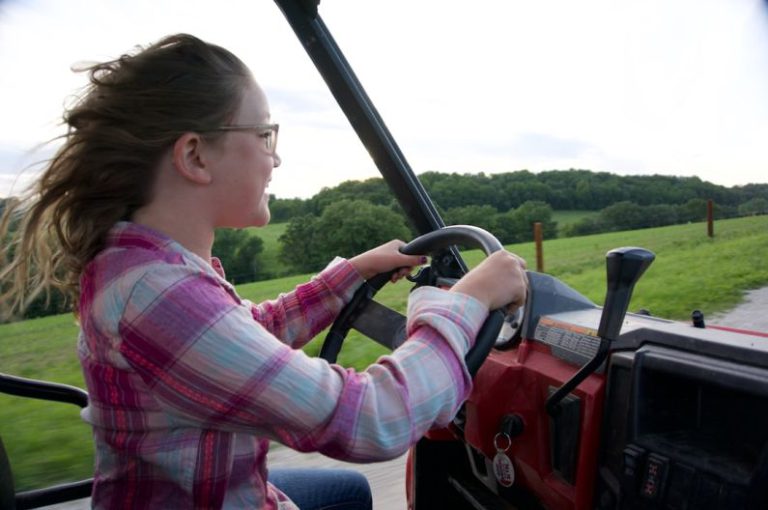How to Prepare Your Child for the First Day at School?
Sending your child off to school for the first time can be a significant milestone for both parent and child. It marks the beginning of a new chapter in their lives, filled with excitement, nervousness, and uncertainty. As a parent, you play a crucial role in preparing your child for this important day. Here are some tips on how to help your child feel confident and ready for their first day at school.
Establish a Routine
Setting up a routine before the school year starts can help your child adjust to the new schedule. Start by establishing a consistent bedtime and morning routine a few weeks before school begins. This will help your child get used to waking up early and having structured days. Encourage your child to participate in activities that mimic a school day routine, such as reading, drawing, or practicing writing during set times.
Visit the School
Familiarizing your child with their new school environment can help ease any anxiety they may have. Take a tour of the school together, pointing out important areas like the classroom, playground, cafeteria, and bathrooms. If possible, arrange for your child to meet their teacher before the first day of school. This can help them feel more comfortable and prepared when the big day arrives.
Talk About School
Engage your child in conversations about school to build their excitement and alleviate any fears they may have. Discuss the positive aspects of school, such as making new friends, learning new things, and having fun. Encourage your child to ask questions and share any concerns they may have. Be a supportive listener and provide reassurance that feeling nervous is normal and that they will have a great time at school.
Practice Independence
Encourage your child to practice basic skills that will help them navigate the school day independently. Teach them how to pack and unpack their school bag, use the restroom, and ask for help when needed. Practice basic self-care routines like washing hands, tying shoelaces, and zipping up jackets. By empowering your child to take care of themselves, you are helping them build confidence and self-reliance.
Create a Positive Goodbye Routine
Saying goodbye on the first day of school can be emotional for both parent and child. Establishing a positive goodbye routine can help ease the transition. Develop a special goodbye ritual, such as a hug, a high-five, or a secret handshake. Reassure your child that you will be back to pick them up at the end of the day and that you are always there for them. Avoid lingering or showing signs of anxiety, as this can make your child feel more anxious.
Encourage Social Skills
Help your child develop social skills by arranging playdates with other children their age. This will give them the opportunity to practice sharing, taking turns, and communicating with their peers. Role-play social situations with your child to help them understand how to make friends, resolve conflicts, and ask for help. Building strong social skills can help your child feel more confident and comfortable in social settings, such as the school environment.
Prepare for the Unexpected
No matter how well you prepare your child for the first day of school, unexpected challenges may arise. Be prepared for tears, fears, or resistance from your child. Stay calm and patient, and offer support and encouragement. Remind your child that it’s okay to feel nervous and that you are there to help them through any difficult moments. By being flexible and responsive, you can help your child navigate the ups and downs of the first day of school with confidence.
In conclusion…
Preparing your child for the first day of school requires patience, understanding, and a positive attitude. By establishing routines, familiarizing your child with the school environment, practicing independence, creating a positive goodbye routine, encouraging social skills, and preparing for the unexpected, you can help your child feel confident and ready to embark on this new adventure. Remember to stay supportive, listen to your child’s concerns, and celebrate their achievements as they take this important step towards independence and learning.






